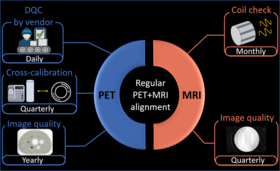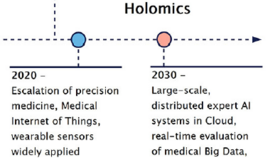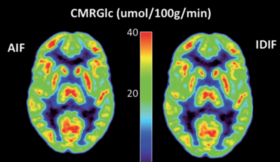Making every photon count for quantitative molecular imaging.
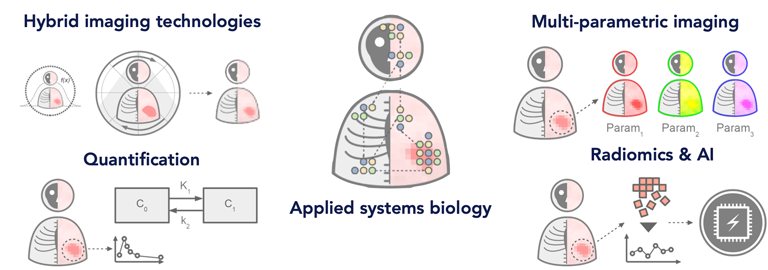
Our vision is to enable a wider adoption of fully-quantitative molecular image information in the context of personalized medicine.
Our mission is the advancement of basic correction and quality measures to facilitate the extraction of information and knowledge from clinical images and non-imaging information. We engage in translational research through local and international collaborations and source knowledge from multiple disciplines, including medicine, pharmacology and radiochemistry. We believe in a synergistic ‘Physician + artificial intelligence’ approach to further increase our understanding of diseases and help support clinical decision making.
Research Area Representative
Thomas Beyer
P +43 (0)1 40400-39890
More about this research area
Hybrid Imaging Technology
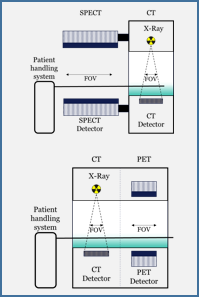
This research topic is dedicated to all aspects of hybrid imaging technology. In this field, we engage in performance evaluation and quality control improvements, Monte–Carlo simulations of (pre) clinical PET and SPECT systems, reconstruction algorithms and advanced data correction approaches such as partial volume and positron range corrections. We work in close collaboration with the Division of Nuclear Medicine and have access to clinical and preclinical SPECT/CT, PET/CT and PET/MRI devices including access to the on side radio-pharmaceutical production side equipped with a cyclotron and generators for 68Ge and 99mTc.
Data Analytics
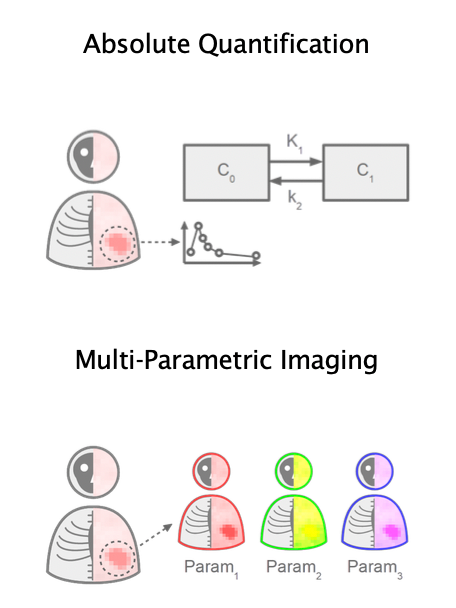
In this research topic, we focus on harnessing the true potential of the hybrid imaging systems (PET/CT and PET/ MR) by utilizing the synergistic anatomical and functional information obtained during a single imaging session. In particular we develop methods to enable non-invasive absolute quantification and multi-parametric imaging in clinical routine. To promote transparency and reproducibility, all the source codes developed during our research endeavors are open source, routinely curated in GitHub and are available for free.


